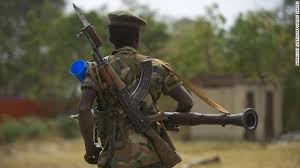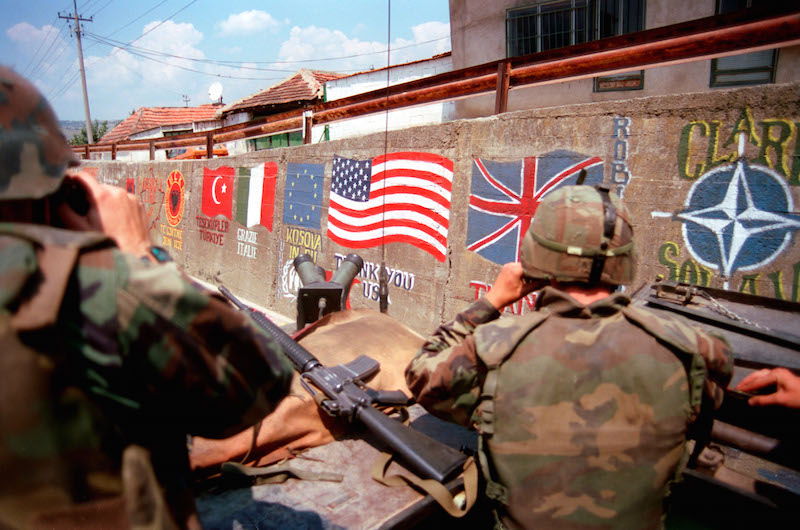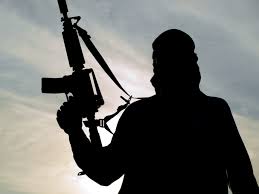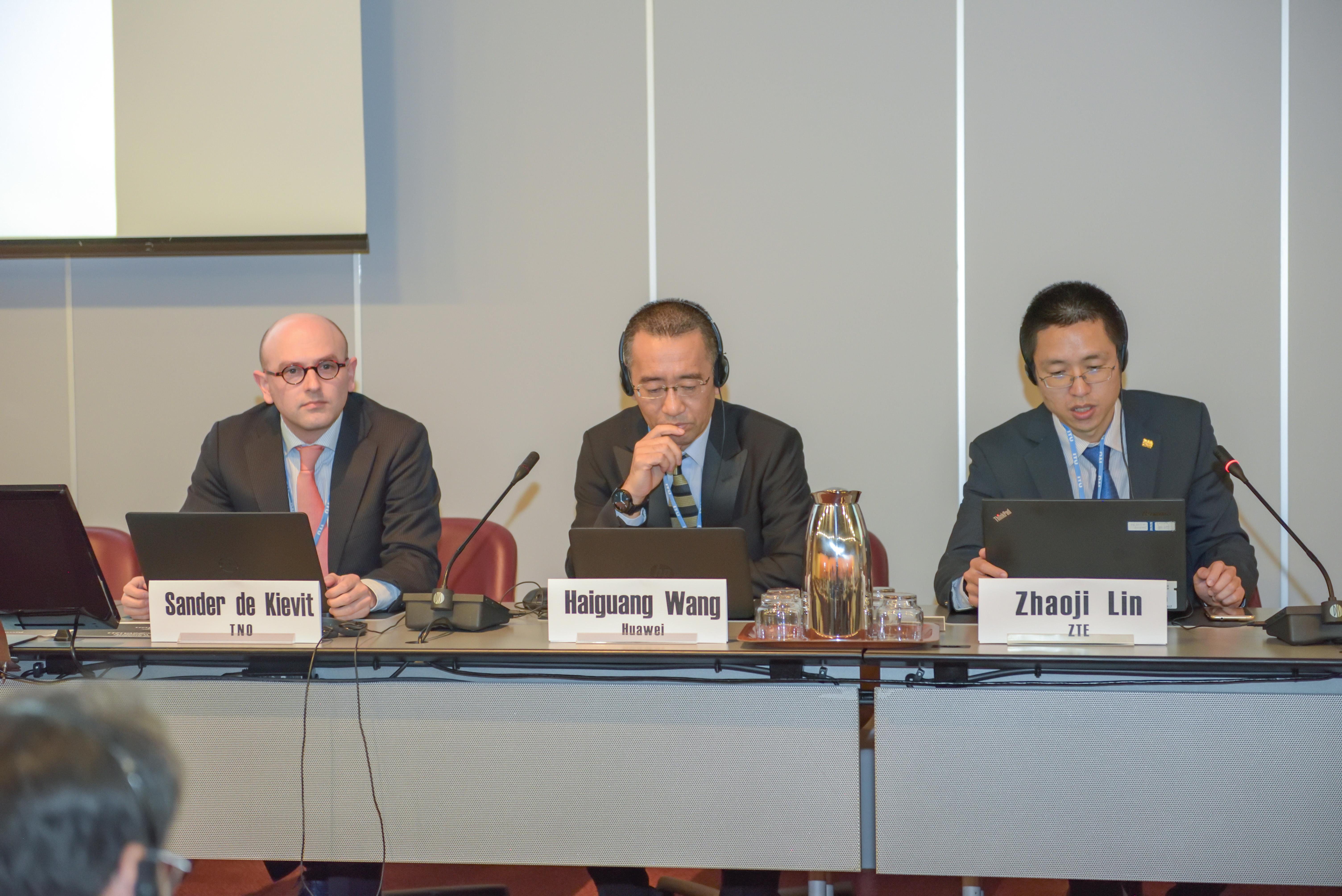After over a month of violence, the people of South Sudan had high hopes that the cease-fire agreement signed last week would restore some degree of stability. Unfortunately, the agreement has fallen far short of expectations as, less than a week later, violence between South Sudan’s two largest ethnic groups, the Dinkas and the Nuer, continues to ravage the country.

Political unrest began in July when President Salva Kiir dismissed his deputy and long-time political rival, Riek Machar, and accused him of staging a coup attempt. Tensions erupted into full-fledged conflict on December 15 and quickly spread across the country, killing thousands and forcing more than half a million people to flee their homes.
The cease-fire agreement between South Sudan’s government and rebel forces was signed on January 23, in Ethiopia. The difficult settlement was reached under significant pressure from the international community who feared that the world’s newest nation would descend into a protracted civil conflict and destabilize the region. The agreement, which was scheduled to begin 24 hours after it was signed, laid out a number of stipulations, the primary of which called on both sides to: lay down their arms, refrain from engaging in further confrontational actions and allow the implementation of a verification and monitoring team. The agreement was created as a temporary measure, while negotiations continued in the hopes that a formal peace settlement could be reached.
Just a day after the agreement was signed, however, opposition forces claim that government troops attacked rebel occupied areas. The government military spokesman has denied these allegations and accused the opposition “of trying to find any reason to not abide by the agreement.”
As the government and rebels trade accusations, it is remains unclear which party was the aggressor. Nonetheless, both sides seem to lack discipline and have failed to uphold their end of the agreement. Many have questioned Machar’ s ability to live up to his end of the cease-fire at all, considering that many of the rebels loyal to the former vice president are civilians who have taken up arms and may not be under his direct command.
The ongoing detention of political figures charged with conspiring in the alleged coup attempt is another major obstacle to the implementation of the cease-fire agreement. The release of detainees will be an important step towards stopping the violence and ensuring earnest negotiations move forward. It is crucial that all relevant parties participate in any settlement for it to be viewed as legitimate by both ethnic factions and deliver any real stability to South Sudan.
 It remains clear that enforcing the terms of a truce will be a far more formidable task than reaching an agreement. The successful implementation of a the cease-fire will certainly be an necessary step towards creating a conducive environment for further negotiations, but it is only the first step in what looks like a long process.
It remains clear that enforcing the terms of a truce will be a far more formidable task than reaching an agreement. The successful implementation of a the cease-fire will certainly be an necessary step towards creating a conducive environment for further negotiations, but it is only the first step in what looks like a long process.
Even in the best of cases it is “difficult to end any war with the stroke of a pen” and the challenges are only heightened when attempting to resolve conflict in a fractured society like South Sudan. Ending hostilities will require more than an absence of violence, but a real commitment to peace by both the government and opposition forces. The issues facing the country cannot be simplified to ethnic divisions; unresolved grievances have a long seated history, rooted in decades of conflict, which have been exacerbated by a lack of institutional structure.
Peace talks are scheduled to resume on February 7 to discuss the terms of a truce. However, after seeing the failure of the cease-fire agreement, many in South Sudan are less than hopeful that peace will be restored in the near future.




